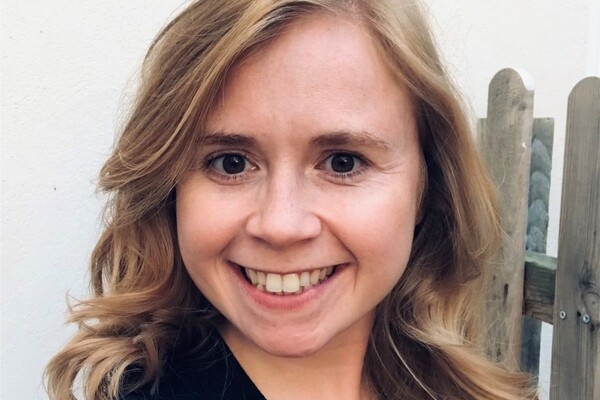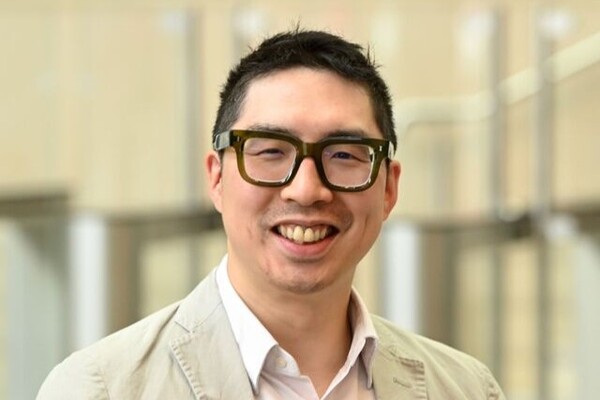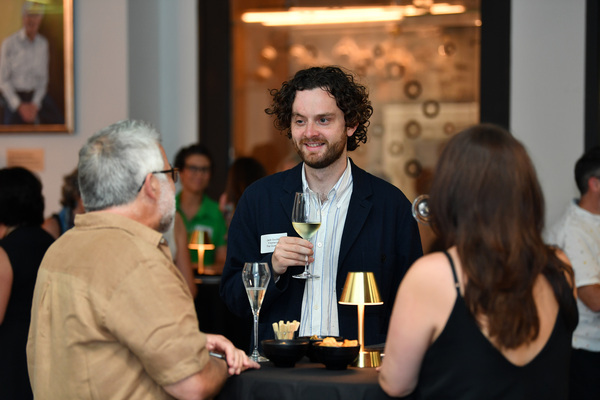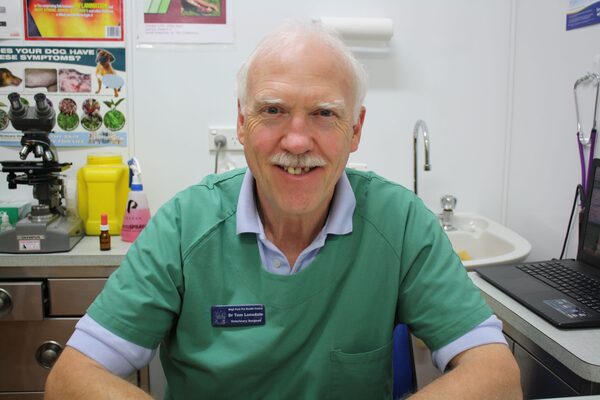From Animal Behaviour to Science Communication
In the bustling world of scientific research and communication, few stories are as inspiring as that of Siobhan Fairgreaves, the research communication manager at the Alzheimer’s Society.
Fairgreaves's journey began at Aberystwyth University in 2012, where she pursued an undergraduate degree in animal behaviour studies. "I followed the advice to 'do what you like,' which was good advice at the time, but I ended up spending a lot of time in the lab, which I didn't enjoy as much," she recalls. Serendipitously, Fairgreaves discovered a module in Science Communication around the same time.
Inspired by this new direction, she pursued a master’s degree in science communication at the University of the West of England, graduating in 2017. She then kicked off her career in the private sector, beginning as a Senior Quality, Health, Safety, and Environment Assistant at lab consumables manufacturer CellPath Ltd. She always stayed true to her passion for science communication, subsequently assuming the role of Science Writer, before transitioning to the charity sector. After two and a half years with Prostate Cancer UK, she moved to the Alzheimer's Society in 2023 as a Research Information Manager.
Finding Purpose at the Alzheimer's Society
"The Alzheimer’s Society is the UK’s leading dementia charity," Fairgreaves explains about her current workplace. The organisation funds research on various neurodegenerative diseases and offers support to those affected. As the Research Information Manager, Fairgreaves plays a crucial role in ensuring that donors have accurate information about the research being conducted.
"Being able to develop a better skill set in the field of dementia makes me proud," she shares. "I've been in this role for over a year, and I'm fully committed to its cause, as I believe most people in charities are."
One of the most thrilling aspects of Fairgreaves's work has been witnessing major advances in dementia research. "We've reached a significant milestone with the introduction of the first disease-modifying treatments in the UK, which is a great moment in history," she enthuses.
Beyond the scientific breakthroughs, Fairgreaves finds joy in explaining complex scientific concepts clearly and seeing the passion ignite in donors. "When they understand our agenda and align with our cause, it helps foster great relationships with the Society," she notes.
Despite the rewarding nature of her work, challenges persist. "There's a historical stigma surrounding dementia: that it's a disease of the elderly, that there's no cure, and that the research we're conducting won't change this," Fairgreaves explains. Combating these misconceptions is a key part of her role.
For aspiring science communicators, Fairgreaves offers valuable advice: "Keep your horizons broad and focus on developing the skills that employers are looking for." She emphasises the importance of believing in one's work and the power of effective communication in advancing scientific understanding.
As she continues her journey at the Alzheimer’s Society, Fairgreaves remains committed to her cause, pushing the boundaries of what can be achieved in the fight against dementia. Her story serves as an inspiration to those seeking purpose and impact in the field of science communication.
Editor: Sahana Sitaraman
Amin Sharifan is a PhD candidate and researcher in evidence synthesis at the University for Continuing Education, Krems. With a background as a PharmD hospital pharmacist, he has clinical experience in patient care. Amin serves as an unpaid spoke leader for the Cochrane Planetary Health Thematic Group and is a steering member of the Cochrane Early Career Professionals Network. As a scholar, Amin has voluntarily worked with the UNDP Bureau for Policy and Programme Support and the World Health Organization.
The Early Career Science Writer Network (ECSWN) is a global community of science media professionals within the first five years of a journalism career. The network offers training and development opportunities for its members and provides an informal space to chat openly with peers at the same level.
The ‘A Day in the Life of’ (ADITLO) series is a collection of profile-type articles chronicling a day in the life of different media roles, written by members of the ECSWN. The scheme provides a valuable opportunity for new journalists to develop interviewing, writing and editing skills while creating a helpful resource which gives those joining the industry an insight into the everyday reality of different science journalism roles.










